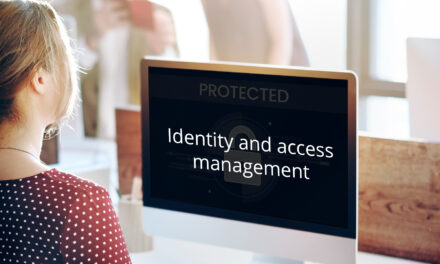Yet in APAC, four in 10 had already encountered data privacy breaches.
Would you believe that 40% of consumers in the Asia Pacific (APAC) region have faced incidents where their private information was accessed by someone who did not have their consent?
Or that more than 5-in-10 online users in the region have expressed equal concern in terms of guarding their virtual and physical lives?
This is what the Kaspersky Global Privacy Report 2020 discovered among a total of 15,002 consumers surveyed across 23 countries wherein 3,012 were from the APAC region. The study to gauge the state of consumer attitudes towards online privacy was conducted by independent research agency Toluna between January and February 2020.
Survey outcomes
Some of the breaches involved accounts being accessed without permission (40%), illegal takeover of devices (39%), confidential data being stolen and used (31%), private data being accessed by someone without consent, and private information being divulged publicly (20%).
Interestingly, the same research found out that more than one-fifth of the users are still willing to sacrifice their privacy to gain a product or a service for free. Another 24% of the respondents also let their guards down by sharing social media account details for funny quizzes, such as what kind of flower they are or what celebrity they look like.
Moreover, 2-in-10 of consumers surveyed also admitted they need some help to learn how to protect their privacy online.
When asked about the consequences they encountered after a privacy breach, the online users enumerated negative aftermaths concerning their digital and even physical lives. Most (39%) were disturbed by spam and adverts, some (33%) were stressed, and a portion (24%) claimed their personal reputation was damaged.
In equal percentage, 19% of users offended someone, lost money, and were bullied. Blackmail was also experienced by 16% of the users in APAC, familial relationships were dented (15%), some careers were damaged (14%) and romantic bonds ended or underwent a divorce (10%).
Commented Stephan Neumeier, Managing Director for Asia Pacific, Kaspersky: “Our data on hand suggests a complex online behavior within our region. It is a welcome progress that the majority of consumers are now concerned about their online privacy, but their virtual habits and security know-how must undergo an overhaul. With the current remote working situation in the majority of the countries in APAC, digital privacy should be a concern for both personal users and enterprises. Our corporate networks have reached the comfort of our homes, in turn increasing cybercriminals’ surface of attack. It’s definitely high time to improve cyber hygiene for both our personal and professional reputation and peace of mind.”
To protect yourself during this critical time, it is important to be careful about the personal particulars you share online and to understand how these data will be used. “Revisit your privacy settings and tweak them accordingly. The internet is a place of opportunities and anyone can benefit from it as long as we know how to intelligently manage our data and our online habits,” adds Neumeier.





















